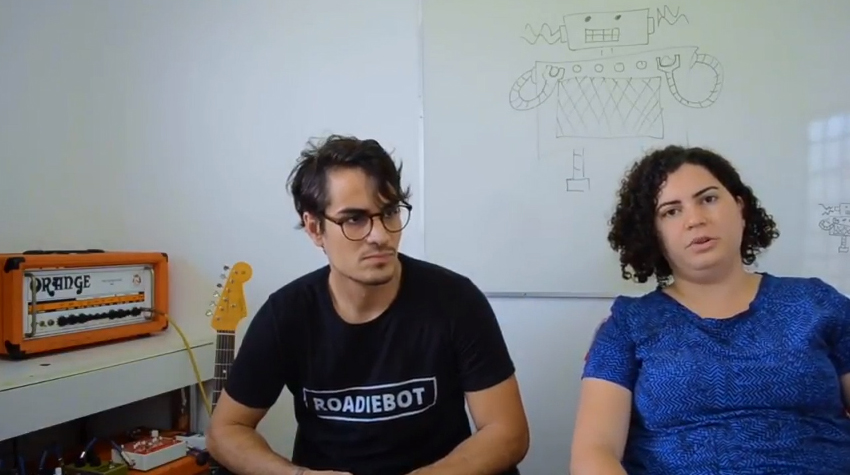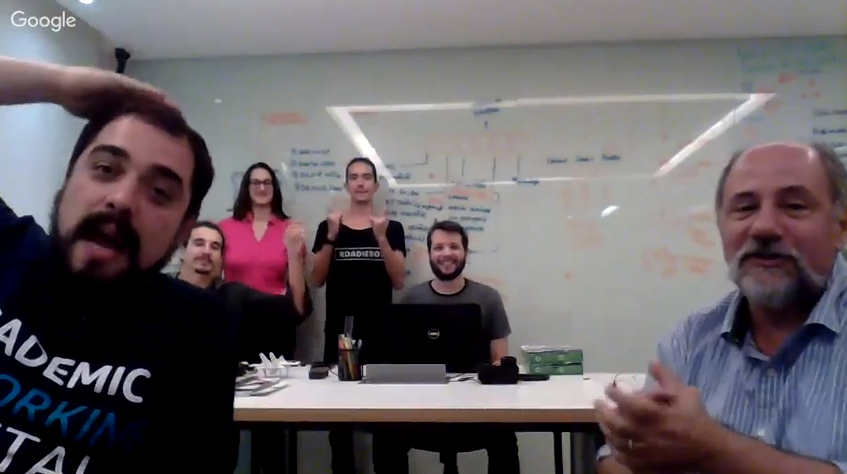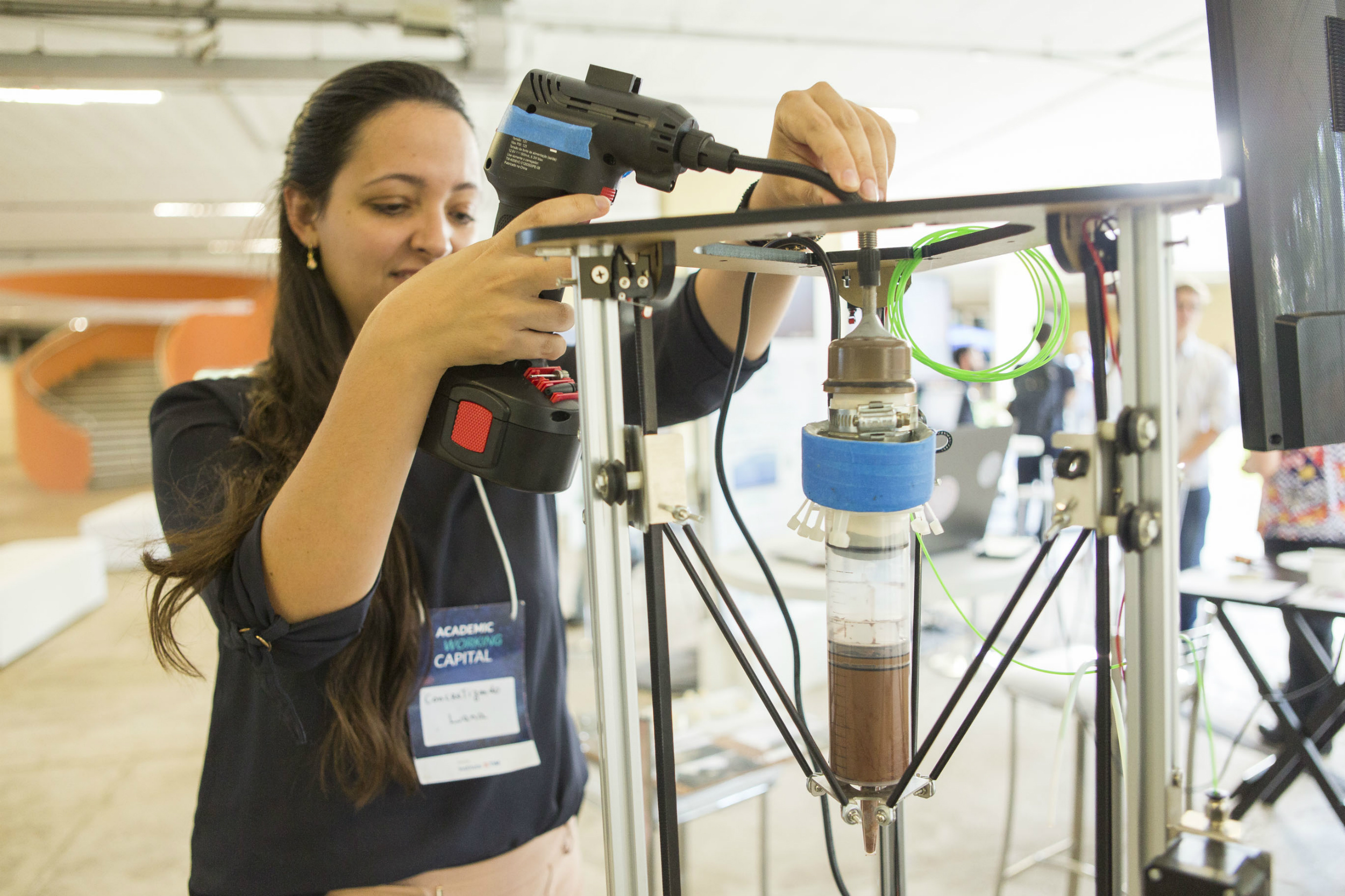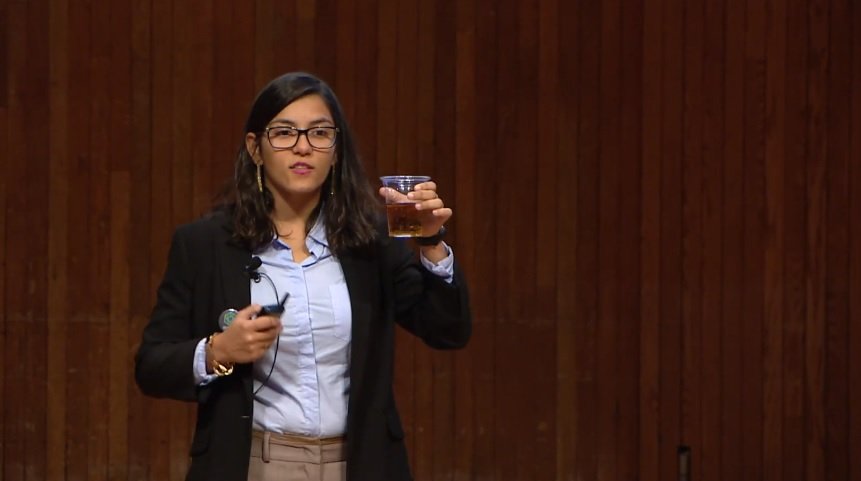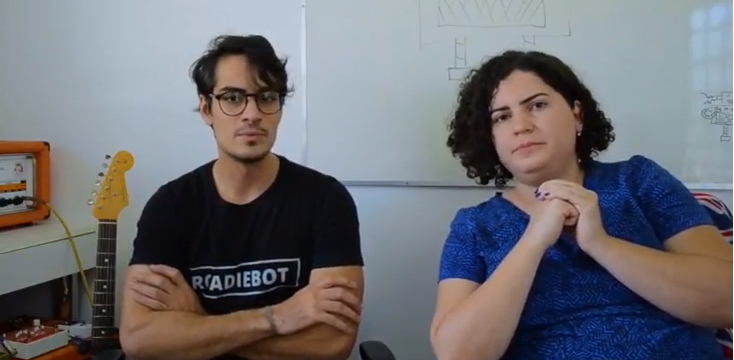
A day to learn how to do interviews that generate quality information. This was the main objective of the 2nd day of Workshop I of Academic Working Capital 2018, held on 05/12. The students attended classes about interview techniques, elaboration of personas and user obsession, as well as solution fit. They also heard lots of feedback – action that will accompany them by the end of the program. As on the 1st day of Workshop I, 05/05, the activities of the 2nd day took place online.
Find out how it was the first day of Workshop I
To start, the professor of University of São Paulo and AWC academic consultant, Marcos Barretto, and the master in Engineering Design and AWC content consultant, Diogo Dutra, recalled that the groups should have talked to ten more people during the past week – the goal is that they conduct 100 interviews by July. After this initial conversation, the groups gathered in the clusters to show what they had done last week, the discarded hypotheses and the new assumptions that emerged during the interviews.
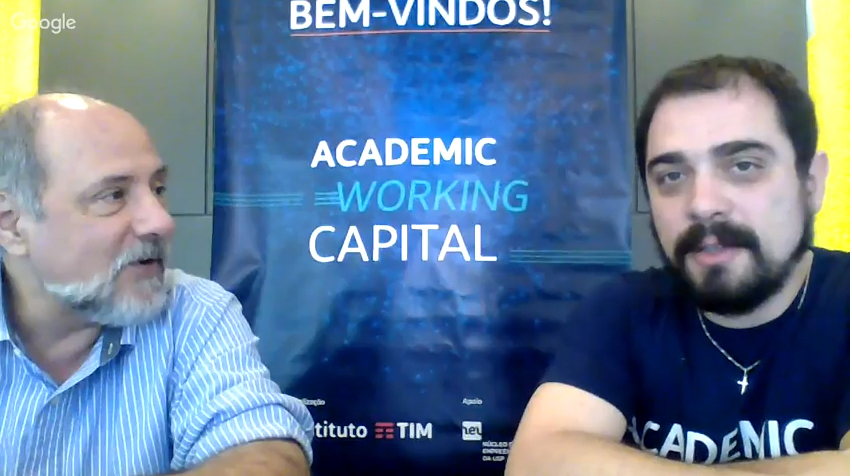
Among the concepts presented to the students were the Value Proposition Canvas, which helps to understand who the user is, what their pains are and what deliveries the solution offers; Job To Be Done, an idea that is an evolution of the figure of the persona, which was introduced in AWC this year and implies that the product has a “job” to fulfill; and the CSD matrix, of certainties and doubts, which contributes to the fact that the interviews point to certainties and doubts.
The concepts of Canvas and Job To Be Done were explained by the coach Artur Vilas Boas when talking about user obsession, one of the main dynamics of AWC. The goal is for groups to focus on solving the users problem by understanding who they are, how they behave and what they need. “Imagine you filming a user documentary looking for this progress, what happens in this documentary? What is he seeking, what are the sensations involved? What are the pains and gains involved in this process?”, he asks.
Diogo Dutra used the example of the AWC 2017 startup Road Labs to illustrate how the solution can completely change the focus (i.e., pivot) as a result of good information gained from the conversations. “From the interview number 70 onwards, you are going to start to see the standard, to have a clear insight into how you have to solve that problem. From this interview number 70 is that you know a lot about your client”, he explains. He also gave advice, urged the youth not to be ashamed to interview, and showed tools and techniques for students to qualify their contacts.
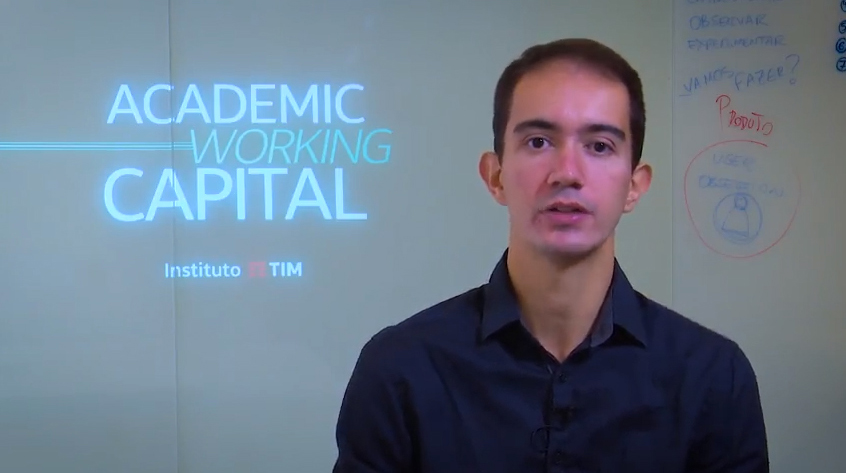
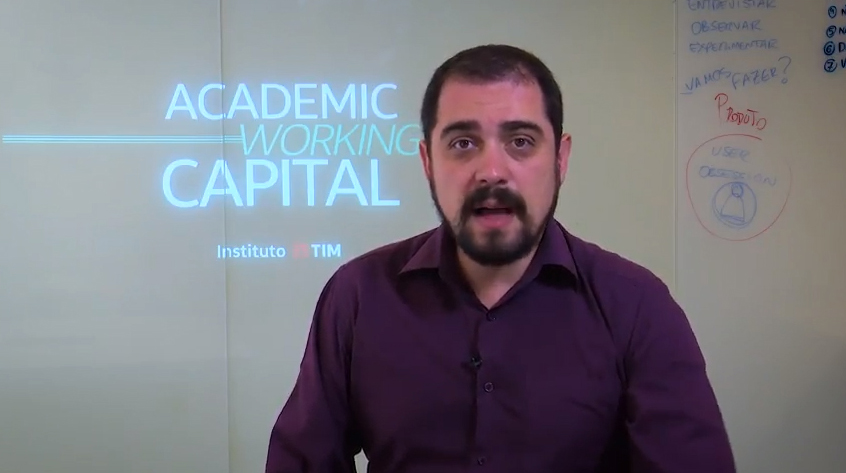
Lessons learned from lectures and flipped classrooms (times when groups share their evolution, showing where they are, and feedback from coaches and colleagues) have been added to the decks, which have become more robust with the day’s tasks – throughout the Saturday, students made their Canvas, built three Job To Be Done personas, added certainties and doubts, and created an interview plan.
To complete the day, Marcos Mourthé and Fernada Vilela, co-founders with Wagner Mourthé of Roadiebot, a technology solutions company focused on music, told about their experience in AWC 2017, about the difficulties they had and gave advice to the young people this year. According to them, you have to keep an open mind and do not stick to the initial idea, in addition to maintaining the validation cycle of hypotheses. “We had no idea how to design a product, how to develop a solution, and AWC taught that, beginning with interviews, market knowledge and the user side”, says Fernanda.
Now the monitoring phase begins. The clusters will meet at every 15 days and each group will have a monthly meeting with his coach. The next meeting gathering all groups will be held on 07/21 in Interaction I, also online.
